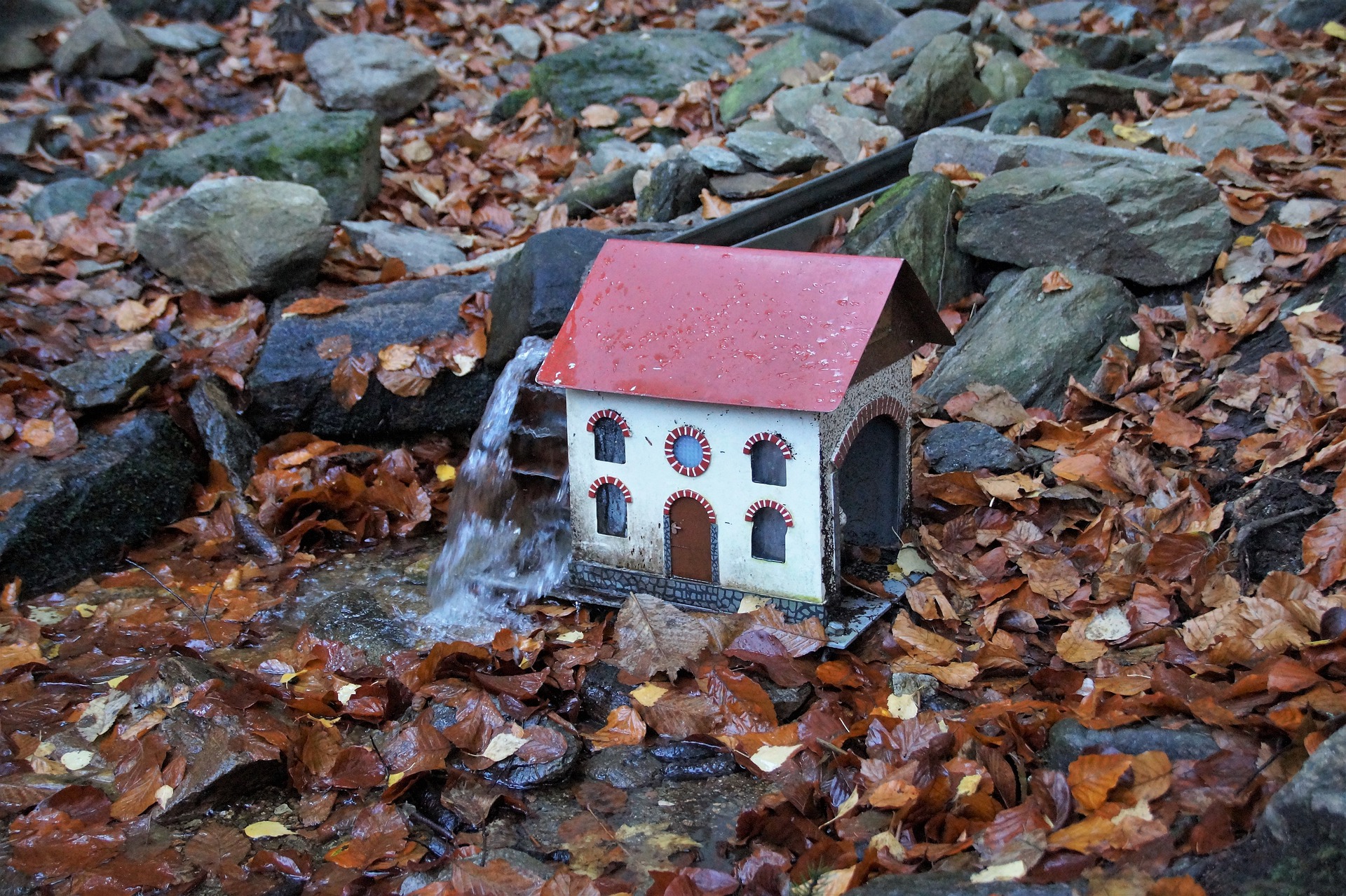
06 Jan I’m 74 with no kids. Is a reverse mortgage right for me?
Photo: pixabay.comQ. I am a 74-year-old retired widow with no children. I own a modest home worth approximately $120,000. Can I get some basic information about reverse mortgages and if it might be beneficial for me to consider?
— Senior
A. Let’s go over the basics and how a reverse mortgage differs from a traditional mortgage.
For a traditional mortgage, a bank lends you money to buy your home. You repay the loan by making monthly payments for 10, 20 or 30 years.
At first, your monthly payments cover mostly interest. As the loan is repaid and your balance is less, your payments start to cover mostly principal, said Bernie Kiely, a certified financial planner and certified public accountant with Kiely Capital Management in Morristown.
In a reverse mortgage, the bank lends you money against the equity in your home, Kiely said.
“Since the funds are the proceeds from a loan, it is not income subject to state or federal income tax,” he said. “As with a traditional mortgage, the loan is subject to interest.”
Kiely said the big difference between a traditional mortgage and a reverse mortgage is that a reverse mortgage has no monthly repayments. Because there is interest accruing and no monthly payments, your mortgage balance grows a little every month.
So how do reverse mortgages work?
First, all persons on the deed must be at least 62 years old, Kiely said. If one co-owner is 62 and the other is not, the younger person must agree to have their name removed from the deed. There is a danger here, but more on that in a moment.
When you apply for a reverse mortgage the lender looks at the value of your home, your existing mortgage balance – if any – and your life expectancy, Kiely said. From this information, the bank calculates how much money it is willing to lend to the potential borrower.
The funds can be paid to the borrower in a lump sum, in periodic payments or a combination of both, Kiely said.
“If the borrower has an existing mortgage, the reverse mortgage lender will first apply the proceeds of the loan to pay off your existing mortgage,” Kiely said.
Then, reverse mortgage lenders always insist their reverse mortgage be a first mortgage, he said. The reverse mortgage is repaid when you leave your home, whether you sell your home and move, or you go into a nursing home with no plans to return to the home or when you die.
When you have any type of mortgage, your home is used as collateral for the mortgage, so the lender will insist you keep your home in relatively good shape, Kiely said.
“You must pay your real estate taxes on time and you must keep adequate homeowner’s insurance at all times,” he said. “You must also keep up the maintenance on your home. If you suffer damage to your roof, you must have it repaired to protect the lender’s collateral.”
What can go wrong with a reverse mortgage?
Plenty.
We mentioned above that both owners of a home must be 62 years old.
“If one spouse is under 62 and agrees to have their name removed from the deed and their spouse passes away the loan must be paid back,” Kiely said. “If the surviving spouse is still under 62, they may lose their house. If at the time of the deceased spouse’s passing and the surviving spouse is 62, they may be eligible to continue on with their own reverse mortgage.”
Kiely said he recently read an article about a widow who lost her home because of a reverse mortgage.
The article suggested the widow made a mistake taking out the reverse mortgage, he said.
“As I read the article I realized the lender foreclosed on the home because the homeowner could not keep up with some very serious maintenance problems and was behind on her property taxes,” Kiely said. “The lender foreclosed to protect their collateral and so they could get their money back. It appears this lady couldn’t take care of her home.”
Kiely said when he discusses reverse mortgages with his clients, he often hears “but I want to leave my home to my kids.”
You said you don’t have children, so this won’t apply to you.
“A reverse mortgage can really help with your cash flow in retirement,” Kiely said.
He said if you have an existing mortgage, the reverse mortgage pays it off so no you will no longer have monthly mortgage payments. If you elect to receive monthly payments from the lender, you will have additional monthly cash flow.
Also, he noted, with a reverse mortgage, you still own your home. That means if your home’s value goes up, that appreciation is for your benefit, not the bank’s.
Kiely says it might be worth paying a few hundred bucks to sit down one-on-one with a trusted professional to see if a reverse mortgage is right for you.
Email your questions to .
This story was originally published on Jan. 6, 2020.
NJMoneyHelp.com presents certain general financial planning principles and advice, but should never be viewed as a substitute for obtaining advice from a personal professional advisor who understands your unique individual circumstances.

